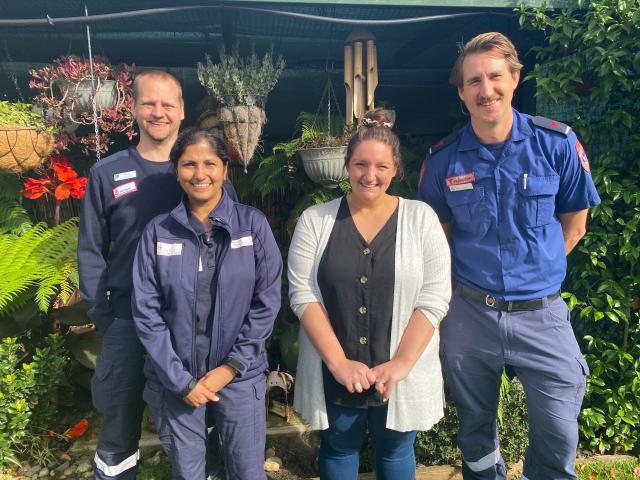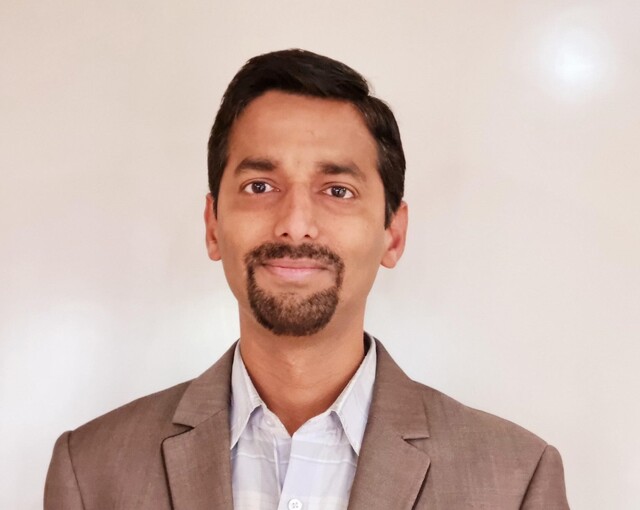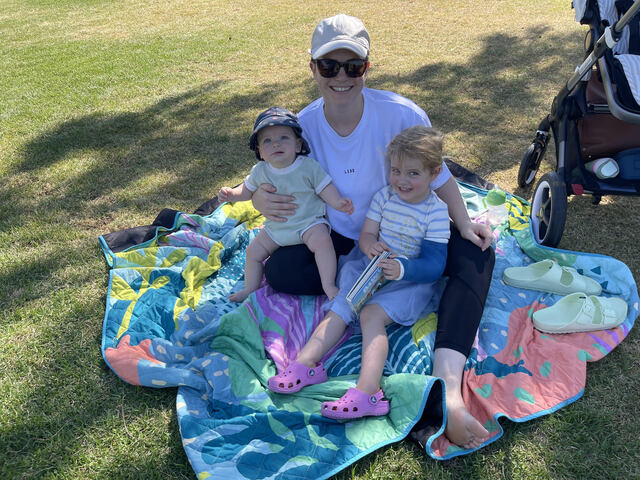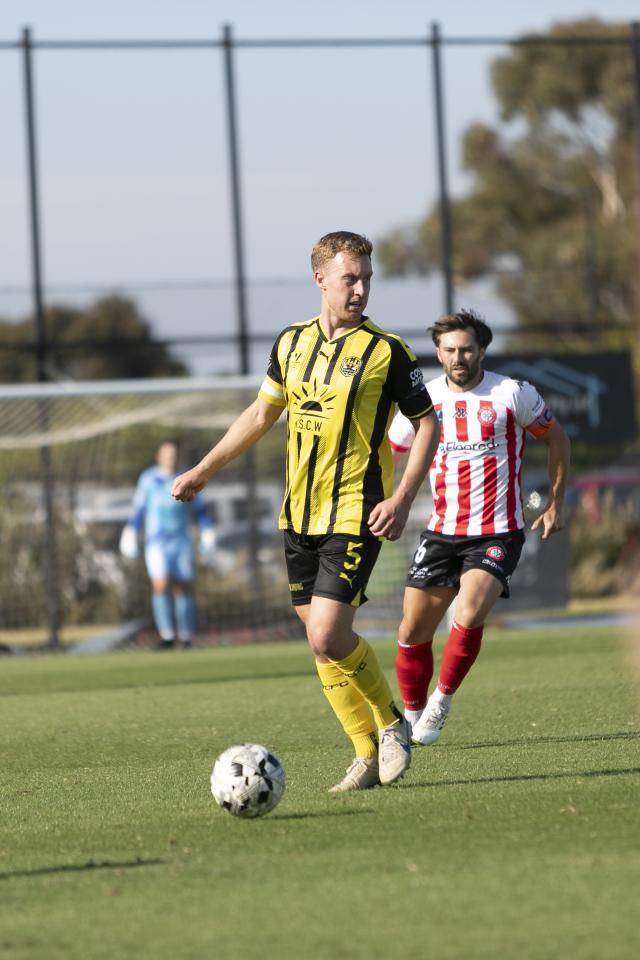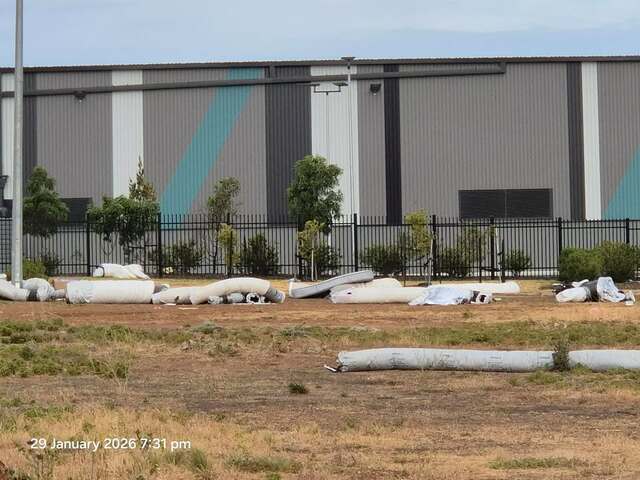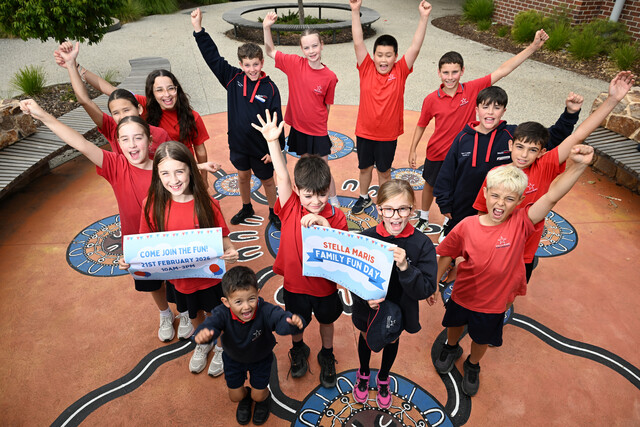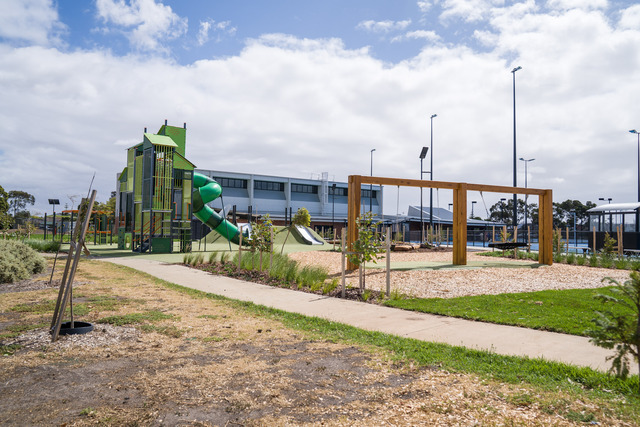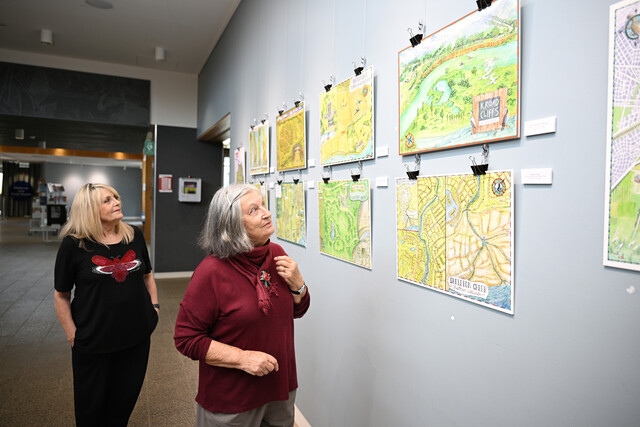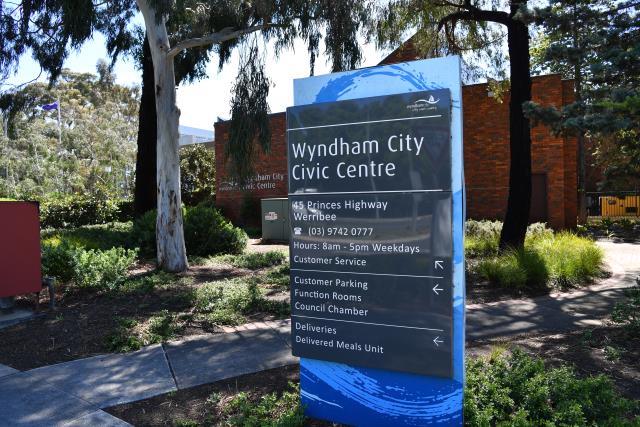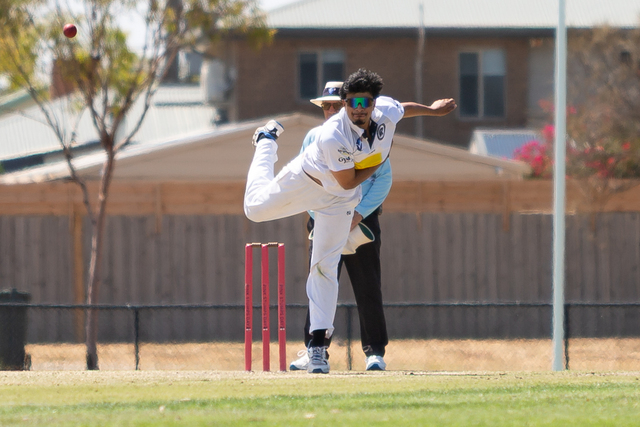A Hoppers Crossing mum who suffered a stroke last year has been reunited with the emergency service workers who came to her aid.
Cherie Azzopardi was at home with her three-year-old and five-year-old kids last October when she started having difficulty speaking, experienced weakness in her hand and deteriorating vision.
Ms Azzopardi was able to call her mum, who then immediately dialed triple zero.
Crew from the Mobile Stroke Unit (MSU), Australia’s first pre-hospital road stroke service, arrived and paramedic Tom Duigan, stroke nurse Kanaga Lagma and radiographer David Johnson commenced stroke treatment.
A CT scan on board the MSU revealed Ms Azzopardi was suffering from an ischemic stroke, which occurs when clots block blood vessels to the brain.
Cherie was given clot-busting medication that enabled use of her hand and allowed her speak again by the time she had reached the Royal Melbourne Hospital.
“In the MSU, assessment and treatment of a patient can begin immediately – just like in
Cherie’s case. Time is critical when it comes to treating stroke patients,” Mr Duigan said.
“By getting to these patients in the field and assessing them straight away, the MSU is able to reduce the time before the type of stroke is diagnosed, reduce the time to start treatment, and most importantly reduce the damage these events cause.”
When a person suffers from a stroke, up to 1.9 million brain cells die every minute, so every second counts.
Ms Azzopardi has had no long-lasting impacts to her mobility, but continues to see a speech therapist.
“I am working on my speech as I still stutter at times, slur my words, and sometimes I can’t
even string a sentence together. I also have difficulty retaining information and am forgetful,
but I am hopeful this will improve over time,” she said.
Ms Azzopardi and her family are grateful to the MSU crew who looked after her.
“I received the best possible care, the MICA paramedics who were first on scene were so
responsive and respectful,” Ms Azzopardi said.
“The work of the MSU crew was incredible, I was given the right care in the right way, and was
a patient that was connected to the right service; I am so thankful because if all of the first
responders weren’t so diligent and quick, I don’t know what sort of a mother I would be
today.”

